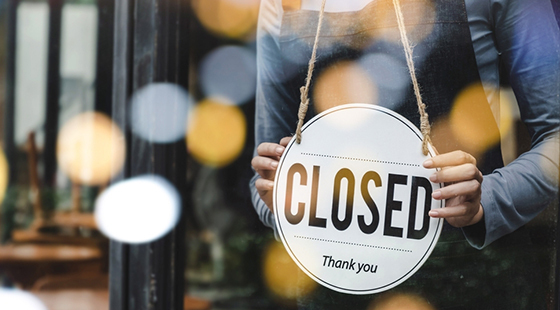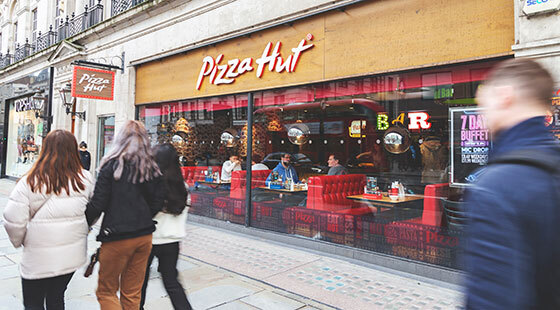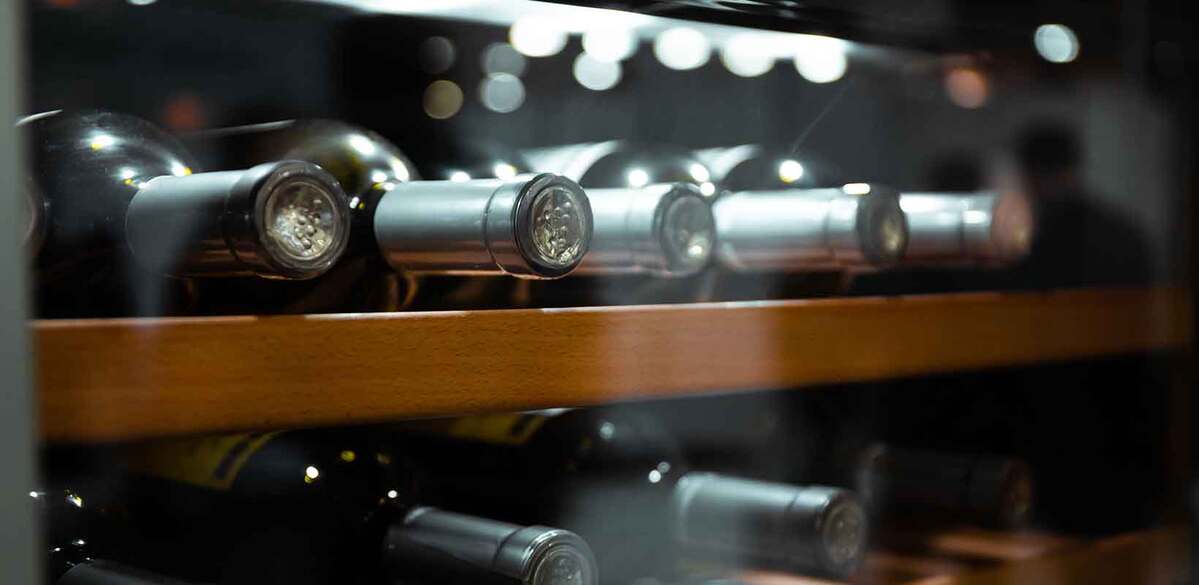Most insurance policies won't cover coronavirus closures, says expert
Around 90% or more hospitality businesses' insurance policies will not cover coronavirus losses, a top expert has advised.
“It’s so, so important that everybody reads their policy. If you just self-close, that won’t be covered,” said Ashwin Mistry, chairman of Brokerbility, a group of more than 30 independent regional brokers.
“You cannot just assume that people won’t come to your pub or venue,” he said. “You’ve just got to follow what is being said by government, on the day it’s said, at the time it’s said.”
For businesses whose insurance policies cover pandemics, the chancellor Rishi Sunak yesterday assured they would be able to make claims based on the government advising the public to avoid pubs and restaurants. Smaller hospitality businesses which don't have insurance will be provided with cash grants of £25,000.
However, Mistry urged business owners to read their individual insurance policies carefully and warned that 90% of more would probably exclude coronavirus as most specify infectious and/or notifiable diseases under business interruption – only 5-10% will say ‘any notifiable or infectious disease’.
Businesses eligible to claim will also have to prove loss of revenue.
Top 20 tips for business continuity in a global health emergency
- Ensure you have a plan. This should cover pandemic/mass absenteeism from production facilities, head offices and suppliers. It should also cover loss of key suppliers and major supply chain disruption.
- Identify your crisis team. Depending on the size of your business, this may be a single head office crisis team or a series of local tactical teams around the world reporting into a global strategic team. The teams should comprise people who are very familiar with your business and come from different functions.
- Assign specific tasks to key members of the team (communications, HR, production, logistics, finance, procurement, etc.)
- Hold crisis team meetings to fit urgency. This may be several times per day at peak, reducing as the severity passes.
- Identify clear steps to protect workers.
- Monitor the progress and impact of the disease and report daily to the crisis team.
- Develop a protocol for advice to employees if the virus is detected locally or if they suspect they have the virus.
- Communicate actions to prevent spreading disease.
- List business critical competencies.
- Plan how and when you would reduce staff attendance to minimum to enable business to continue.
- Identify which critical staff can work remotely.
- For manufacturing companies, identify what are the minimum operational conditions.
- Identify a plan for ceasing production or a controlled reduction in production.
- Are there any company locations or key suppliers in higher risk regions?
- Risk assess decisions to ensure there are no adverse unintended consequences of actions.
- Identify vulnerable workers (older people, pregnant females, employees with a history of poor health).
- Continue to communicate with all staff and stakeholders through all relevant media.
- Monitor social media and engage with your audience.
- Reference government advice in communications.
- Make sure your plan includes steps for recovery, when the worst of the impact has passed.
Photo: Shutterstock
Operators vow to fight on as thousands sign petition for government to support hospitality >>
UKinbound asks for 'urgent and aggressive' government intervention to protect the industry >>




















